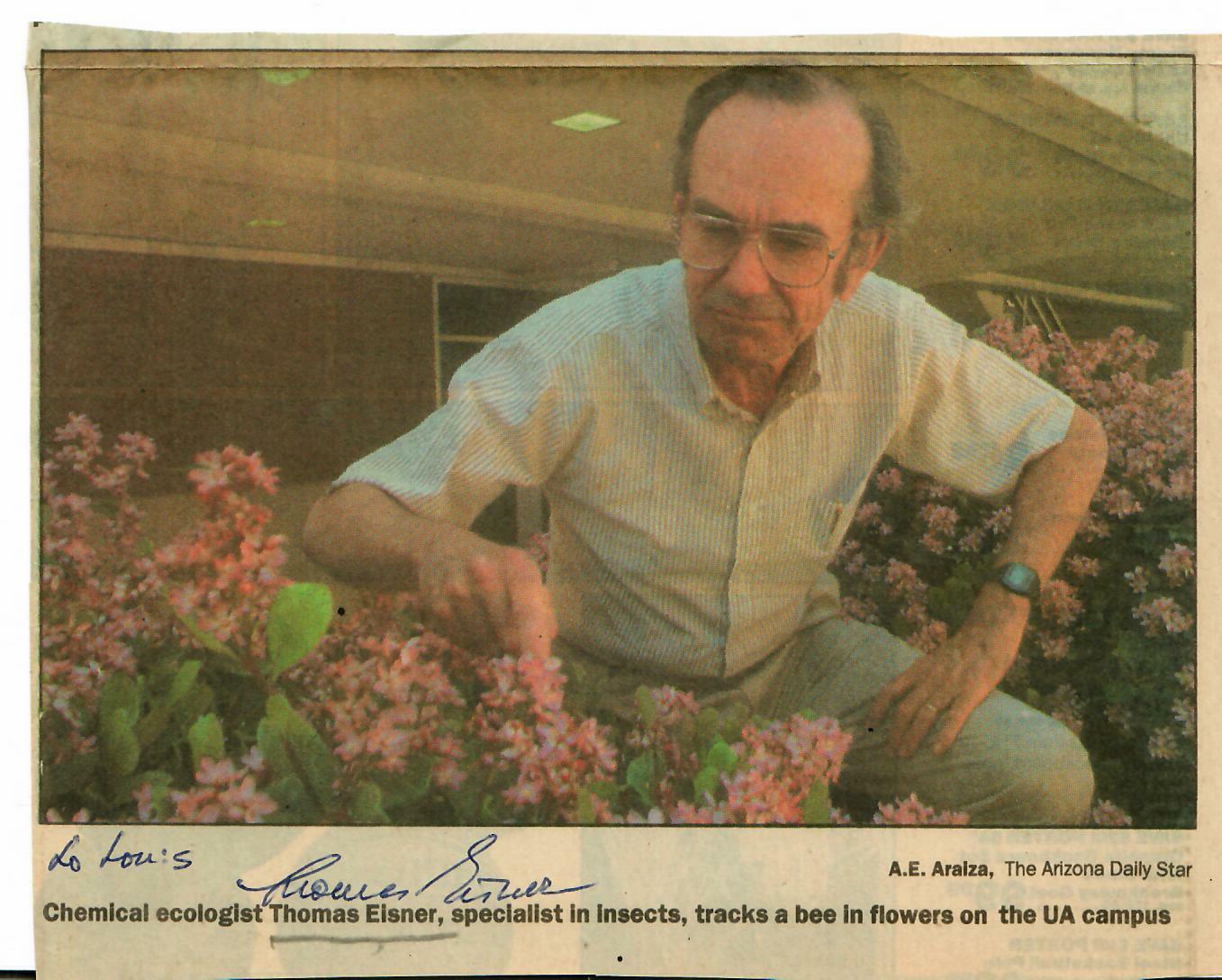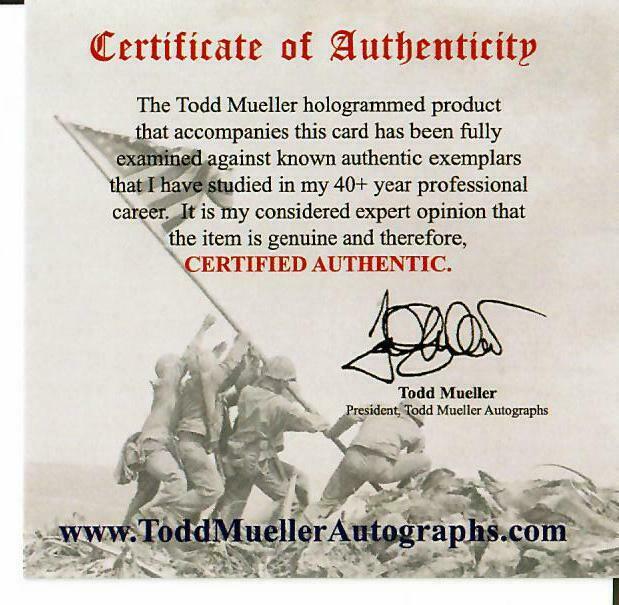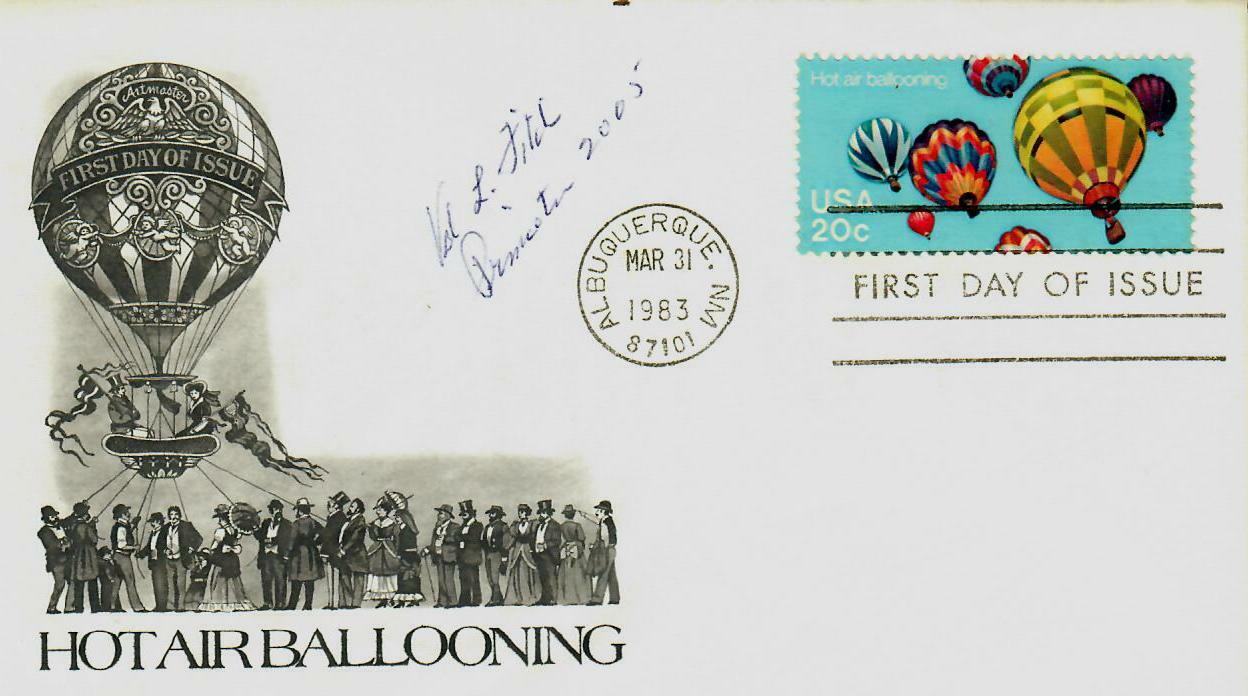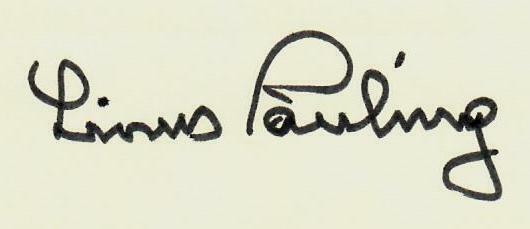-40%
"Father of Chemical Ecology" Thomas Eisner Signed Newspaper Photo Todd Mueller C
$ 158.39
- Description
- Size Guide
Description
Up for auction the"Father of Chemical Ecology." Thomas Eisner Hand Signed Newspaper Photo.
This item is certified authentic by Todd Mueller Autographs and comes with their Certificate of Authenticity.
ES-7865E
Thomas Eisner
(June 25, 1929 – March 25, 2011) was a German-American
entomologist
and ecologist, known as the "father of chemical ecology." He was a Jacob Gould Schurman Professor of Chemical Ecology at
Cornell University
, and Director of the Cornell Institute for Research in Chemical Ecology (CIRCE). He was a world authority on
animal behavior
, ecology, and
evolution
, and, together with his Cornell colleague
Jerrold Meinwald
, was one of the pioneers of
chemical ecology
, the discipline dealing with the chemical interactions of organisms. He was author or co-author of some 400 scientific articles and seven books. Thomas Eisner was born on June 25, 1929, in Berlin, Germany. His father, Hans Eisner, was a chemist of Jewish origin, and a coworker of
Fritz Haber
at the Kaiser Wilhelm Institute for Electrochemistry in Berlin; he later held a chair for chemistry at Cornell. His mother, Margarete Heil-Eisner, was an artist. Escaping the
Nazi
regime, the family moved to
Barcelona
and, following the
Spanish Civil War
, to
Uruguay
. The Eisners came to the U.S. in 1947.
Thomas Eisner became a naturalized American citizen, and applied to
Cornell University
as an undergraduate, but was rejected. He received his B.S. and PhD degrees from
Harvard University
, and joined Cornell's
entomology
faculty in 1957. He married Maria Eisner, who was a member of his lab. In 1964, he helped found the Department of Neurobiology and Behavior, where he worked until his death. In addition to his academic work, he was a passionate nature photographer and
videographer
. His film
Secret Weapons
won the Grand Award at the
New York Film Festival
and was named Best Science Film by the
British Association for the Advancement of Science
. He was also an avid pianist and occasional conductor. Eisner died on March 25, 2011, of
Parkinson's disease
.
He was an atheist.
Eisner's main body of work was in
chemical ecology
, primarily studying the
chemical defenses
of insects against
predation
. Some of his most famous work was conducted on the
bombardier beetle
, which he discovered creates a chemical reaction within its body to shoot a boiling noxious liquid from a nozzle in its abdomen.
A field biologist with working experience on four continents, he was also an active conservationist. He served on the Board of Directors of the
National Audubon Society
, the National Scientific Council of the Nature Conservancy, and the World Resources Institute Council. He was a past president of the
American Society of Naturalists
, and chairman of the Biology Section of the
American Association for the Advancement of Science
. He played a key role in initiating the Congressional Fellow Program in Washington DC, and in efforts to preserve wilderness areas in Florida and Texas. Eisner was furthermore a member of the
National Academy of Sciences
, the
American Academy of Arts and Sciences
, and the
American Philosophical Society
. He received numerous honors, including the
Tyler Prize for Environmental Achievement
, the
Harvard Centennial Medal
, the 1994
National Medal of Science
[6]
and the
Lewis Thomas Prize
for Writing about Science. He also held honorary degrees from universities in
Sweden
, Germany,
Switzerland
and the United States, and was a foreign fellow of the
Royal Society
. Eisner was additionally a member of the
Deutsche Akademie der Naturforscher Leopoldina
and
Academia Europaea
. In 2008, Eisner was awarded the
John J. Carty Award
by the
National Academy of Sciences
.










